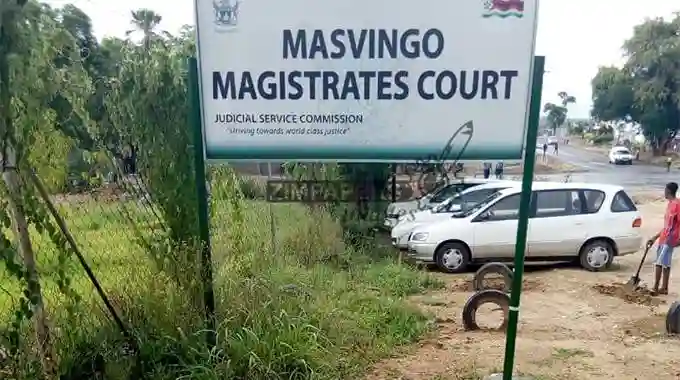Lucas Slavik, a Czech tourist, was arrested on August 2, 2024, for alleged disorderly conduct. However, on Saturday afternoon, Masvingo magistrate Isaac Chikura acquitted Slavik of the charges.
Despite his acquittal, Slavik remained in custody as the Department of Immigration blocked his release.
Even the bail granted to him by the High Court in Masvingo on Wednesday was also obstructed by the immigration authorities.
Later on Saturday, the Zimbabwe Lawyers for Human Rights (ZLHR) reported that immigration authorities were “escorting” Slavik from Masvingo to Robert Mugabe International Airport, presumably to facilitate his departure from the country.
ZLHR’s executive director, Roselyn Hanzi, expressed concern that the treatment of Slavik by the Zimbabwean authorities could have far-reaching implications on the country’s perception as a safe tourism destination. She added:
Whilst the Czech Republic can explore international law rules, as they have an obligation to protect their nationals under international law, this could have been avoided. States have sometimes taken each other to the International Court of Justice, when they feel that rights of their citizens have been violated.
According to The Mirror, Magistrate Chikura, in his ruling, remarked that Slavik had stated he recorded the video for which he was arrested solely to capture great memories of his time in Zimbabwe.
The magistrate further noted that Slavik did not make any false statements as alleged by the State and the State witnesses, which included senior police officers who contradicted each other during cross-examination.
Magistrate Chikura also concluded that there was no evidence from the police that Slavik had been a public nuisance.
The State had changed the charges against Slavik three times, with the last change occurring after he had been granted bail by the High Court in Masvingo.
Slavik’s lawyer, Knowledge Mabvuure of Chihambakwe Law Chambers, expressed surprise at the Immigration Department’s decision to block Slavik’s release.
The Immigration Department claimed they wanted to investigate further to see if Slavik had committed any other crimes in Zimbabwe.
The Czech Republic’s Deputy Ambassador to Zimbabwe, Michal Novak, who attended the ruling, stated that he was pleased Slavik had been acquitted, adding that his time in prison had been difficult.
The State had initially charged Slavik with disturbing the public peace by making statements in a video he recorded near the Masvingo Central Police Station.
However, the magistrate ruled that Slavik had merely recorded himself uttering the following words, which the police officers had deemed to be false:
People were fighting at the Police station and Police is chasing them away. We have had 12 hours without electricity. At Backpackers Lodge where I stay there is no water. The accommodation charge is US$25-30 per day and it is not worth it. Apparently the President is supposed to come today.
The magistrate said Slavik’s utterances in the video could be interpreted as an expression of opinion rather than factual information, and that his proximity to the crowd suggested he was an observer rather than an active participant, and therefore not a nuisance. Said Chikura:
When the accused took the video, he was far away from the people, causing no annoyance or disturbance and the video was taken for the purposes of creating great memories for himself.
Deputy Ambassador Novak said that the role of the Embassy was to observe the situation and provide consular support and assistance to a citizen from their country. Said Novak:
After three weeks of him being detained, we are happy that the court ruled and acquitted him. Obviously three weeks spent in prison must have been very difficult for our national and we are glad that the proceedings resulted in his acquittal.
Initially, Slavik was charged for allegedly publishing a false statement with the intention to incite the public. The charge was later changed to disorderly conduct after he was granted bail last week.
More: Pindula News

